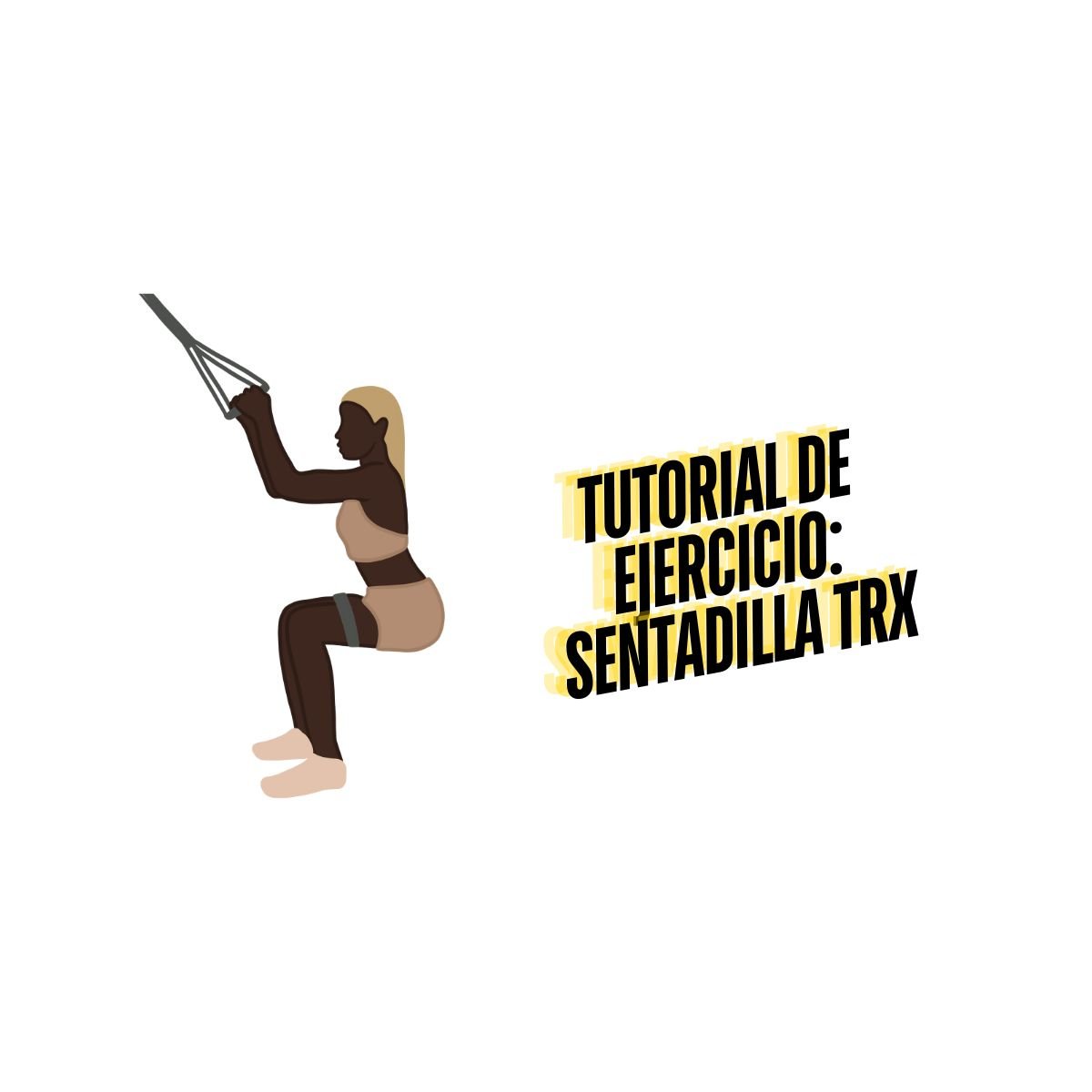Intermittent Fasting
Intermittent Fasting
Living right and basking in the radiance of perfect health is made possible by practicing certain health-related tips. One of such tips is intermittent fasting. Intermittent fasting has risen to be one of the most renowned health and fitness trends in the world. It involves shuffling between cycles of eating and fasting. That said, this article focuses on enlightening you on what intermediate fasting is all about and how to get it right.
What Is Intermittent Fasting?
Intermittent fasting in simple terms means shuffling between periods of eating and fasting. It focuses on when you should eat instead of what you should eat. So, you can have proper meals, but such meals should be within specified time limits. That said, diverse methods of intermediate fasting exists. These methods separate the days or the weeks into eating and fasting periods.
In line with that, already the body system experiences a fast during hours of sleep. What Intermittent fasting does is that it simply lengthens this fasting period. To enable you to understand and to get you easily on your way, you can skip breakfast and take your first meal at noon. Your next meal should then be scheduled at 8pm. Following this eating pattern means you would be fasting for approximately sixteen hours while maintaining eight hours eating window each day. This method of fasting is popularly regarded as the 16/8 method.
That said, most people shy away from the concept of fasting due to the possible crave for food which they may be unable to resist. However, Intermittent fasting is fairly easy to do depending on the method of fast you adopt. Some methods permit food except during periods of fasting while others allow little amounts of foods but such foods should be low in calories. In the first instance, during such fasting periods, you can take fluids such as tea, water coffee and several other beverages that have low calories. When it comes to fasting, several people state that they indeed experience a boost in their energy level during a fast.
Types Of Intermittent Fasting
In recent times, Intermittent fasting has taken the top spot in trending health tips. Over the years, several methods of Intermittent fasting have been created. Among the numerous, three are the most popular. They are the eat, stop and eat, next is the 16/8 method and lastly is the 5:2 diet.
The eat stop eat method involves twenty-four hours fast. After breakfast or dinner, a fasting period is to be scheduled until the next breakfast or dinner.
The 16/8 method involves a sixteen hour fast which should begin from a late breakfast maybe at noon to dinner at eight pm. You can create your fasting hours with whatever time works for you. There should, however, be an eight-hour eating window and a minimum of sixteen hour fasting period.
Lastly, the 5:2 diet works by eating five hundred to six hundred calories two days in a week. When practicing any of these methods, taking supplements is permitted as long as such supplements lack calories. In view of the fact that these fasting methods discussed, you should understand the benefits of fasting.
Why Should You do Intermittent fasting
Fasting is a concept that has been in existence for thousands of years. It comes with tremendous benefits ranging from weight loss to fighting inflammation, enhancing the function of the brain, and improving blood pressure amongst other benefits. What's more, asides from its health benefits, several individuals fast due to mandates given them based on their religious beliefs. Such Religions the likes of Christianity, Islam, and Buddhism emphasize the importance of some form of fasting.
Fasting can also be gone through at moments when there really isn't food available and at moments wherein appetite is lost by reason of illnesses. Irrespective of the reason behind periods of abstaining from food, the body system can effectively handle long durations of not eating. According to research, the body can comfortably stay twenty-one days without being fed. During such a fasting period, our body naturally adapts by adjusting several processes. Such changes are centered on important cellular repair processes and the alteration of genes as well as hormones.
That said, according to research and recently acquired evidence, practicing Intermittent fasting or any other form of fasting can increase an individual's lifespan. This is due to the fact that significant reductions in insulin levels and blood sugar is likely to occur and there would be a rapid increase in growth hormones. Furthermore, fasting can also shield the body from diseases the likes of cancer, diabetes, and Alzheimer’s disease. Fasting, therefore, protects your health, satisfies religion and keeps you in shape.
Final Thoughts About Intermittent Fasting
Overall, fasting is a concept that is great for weight loss, increasing your lifespan, enhancing your metabolic health level and treating several illnesses efficiently. Intermittent fasting has the same advantages as regular fasting but for the fact that it makes the fasting period more tolerable. This tolerance is by reason of the fact that at Intermittent fasting periods, you can consume healthy food and still stick to your fasting and eating window. Also, the fact that you won't eat the regular three to four times each day goes a long way to save time as the preparation and the cleaning associated with each cooked meal is avoided. This makes intermediate fasting beneficial on all sides.











